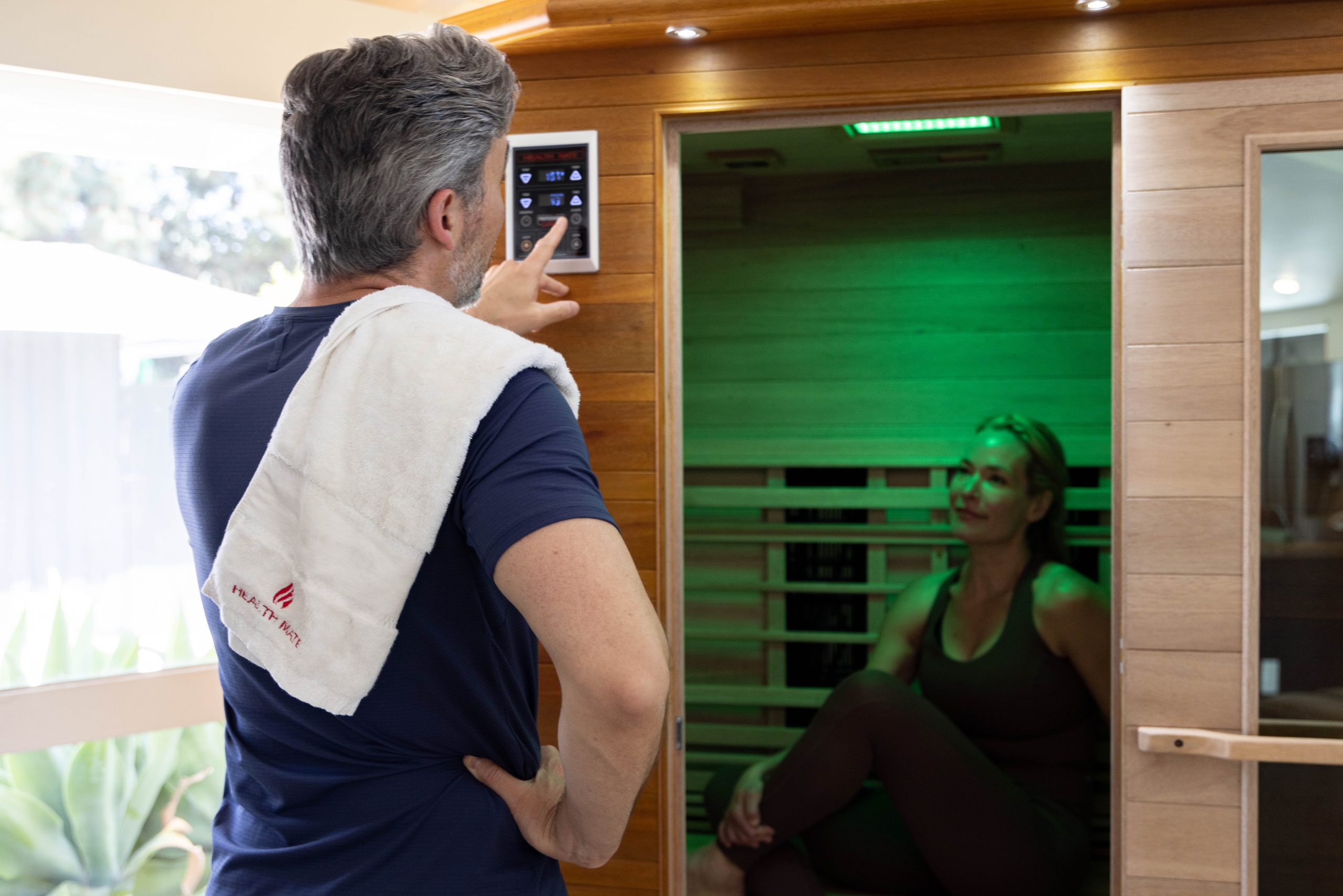Exploring the Difference between Traditional and Infrared Saunas

When it comes to relaxing and rejuvenating, few experiences compare to a visit to the sauna. For centuries, saunas have been a cornerstone of cultures around the world, offering people a way to unwind and enjoy a host of wellness benefits. There are several types of saunas, but two of the most popular are traditional saunas and infrared saunas. Let’s explore the difference between traditional and infrared saunas, including how they work and which one is right for you.
What is a Traditional Sauna?
Traditional saunas, also known as steam saunas, have been around for centuries. They are typically made of wood and heated by burning rocks or a stove. The heat generated by the stove heats the rocks, which in turn heats the air in the sauna. The result is a hot, humid environment that is perfect for relaxing and sweating out toxins.
The temperature in traditional saunas can range from 150 to 195 degrees Fahrenheit, with a humidity level of around 10 to 20 percent. The high heat causes you to sweat profusely, which helps to unclog pores and improve circulation. Many people find that spending time in a traditional sauna helps to reduce stress and promote a sense of well-being.
One of the key benefits of traditional saunas is their ability to promote deep relaxation. As your body heats up, your muscles begin to relax, and your mind starts to unwind. This can be especially beneficial for people who are dealing with stress or anxiety.
Taking the Steam Room to the Next Level with Infrared Saunas
While traditional saunas use steam, infrared saunas use infrared heaters to emit light that is absorbed by the body’s tissues. This causes the body to heat up from the inside out, rather than from the outside in as in traditional saunas. The heat is more focused, and the air in the sauna is typically less humid than in a traditional sauna.
Infrared saunas typically operate at lower temperatures, ranging from 120 to 150 degrees Fahrenheit. This can be a good option for people who find traditional saunas too hot. The lower temperature also means that you can stay in the sauna for longer periods without feeling uncomfortable.
One of the key benefits of infrared saunas is their ability to penetrate the skin. The heat helps to stimulate the lymphatic system. This can be especially beneficial for people who are dealing with chronic health conditions or who are trying to improve their overall health.
Another benefit of infrared saunas is that they are less humid than traditional saunas. This can be a good option for people who have respiratory issues, as the dry heat can be easier on the lungs.
Saunas in general are an amazing way to relax and promote overall wellness. Traditional saunas offer a hot, humid environment that promotes relaxation and sweating, while infrared saunas use light to penetrate the skin and promote wellness from the inside out. At The Hot Tub Store, you’ll find a selection of HealthMate saunas, an incredibly high-quality infrared sauna that offers an array of health benefits in a comfortable space. Contact us today to learn more!


